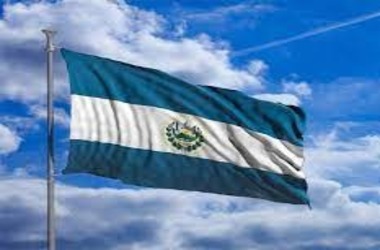
El Salvador now owns a minimum of 1,801 bitcoin, which is presently worth at around $66 million, Bloomberg said. Bitcoin’s value steadily declined in the aftermath of Bukele’s statement, hitting a low of $34,020 before somewhat recovering to $35,683 Saturday evening, a decline of 46.72% from its November peak of $68,789.63.
El Salvador turned out to be the first nation to recognize bitcoin as legal cash in September, installing bitcoin ATMs and mandating companies to recognize it. Bukele then vowed to develop a tax-free Bitcoin City on the coastline of El Salvador, to expedite residency for specific blockchain investors, and to erect geothermal energy based bitcoin mining facility in the Central American nation, potentially transforming it into a worldwide cryptocurrency mining powerhouse. El Salvador’s alternative national currency is the US dollar.
If embracing bitcoin as a currency improves El Salvador’s economy, “it’s end of game for FIAT currency,” tweeted Bukele, whose Twitter profile portrays him as “CEO of El Salvador.”
Though it elevated Bukele to the status of a cryptocurrency hero, El Salvador’s acceptance of bitcoin as official cash sparked huge protests from Salvadorans who felt that the move harmed ordinary people while benefiting large investors.
In September, Al Jazeera noted, anti-bitcoin demonstrators raised placards and torched tires before the country’s Supreme Court building until they got pushed out by uniformed officers. Nevertheless, country’s debt has surpassed 50% of GDP.
Moody’s lowered the country’s creditworthiness to Caa1 in July, indicating very high credit concern. El Salvador’s bitcoin transactions, according to Moody’s, exacerbate the country’s default risk.
El Salvador is requesting a $1.3 billion loan from the International Monetary Fund (IMF), which previously cautioned against the country embracing bitcoin as its legal tender.